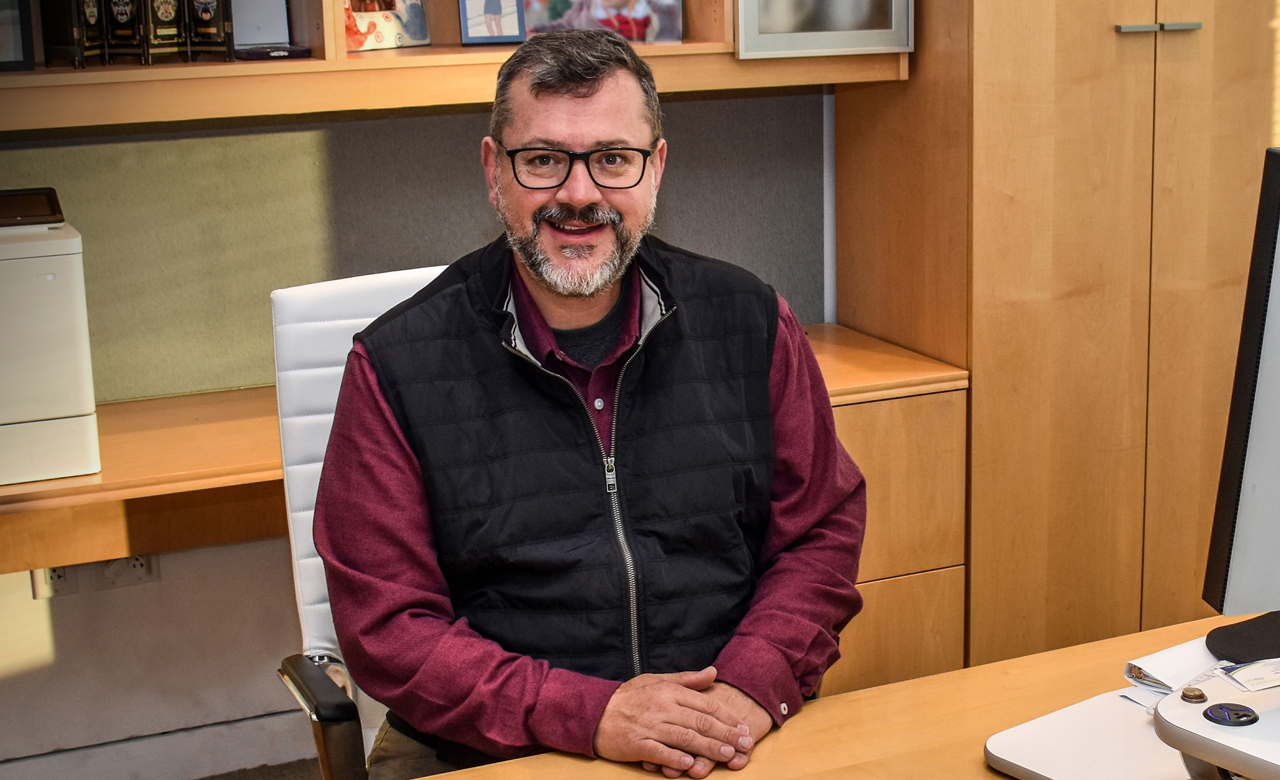Michael D. Hogue PharmD, FAPhA, FNAP, FFIP Executive vice president and CEO of APhA

Six weeks ago, I had never heard of second victim syndrome (SVS). Then my phone rang, and I’ve been forever changed by the conversation.
Pharmacists are faced with systems that may not fully support optimal patient care and can place professionals in a crisis of conscious. An error happens, a patient is harmed. The worst fears any of us could have are realized in an instant. Any traumatic patient care event—medication errors, near misses, adverse patient outcomes—can lead to significant mental distress and feelings such as guilt, anger, and fear.
Unfortunately, the pharmacists, student pharmacists, and pharmacy technicians who experience these events—the “second victims”—typically suffer in isolation and silence. And this is just not something we can move past—none of us entered this profession thinking we might harm another human being. If we could take it back, we would. But often we don’t even know how or why the error happened.
Some hospitals and health systems have established SVS support programs for health care professionals involved in medical or medication errors. However, these programs may not reach throughout the system beyond inpatient professionals, and pharmacists may connect with other pharmacists and be supported.
That phone conversation I had with an APhA member who is experiencing SVS was transformative for me. The pharmacist said one thing that riveted me: “Michael, there are many of us out here in practice with SVS, and we are all alone. We need support and help. Can APhA do anything?”
Without hesitation, I said “YES!” And if you are reading this editorial at the APhA 2024 Annual Meeting & Exposition, you will find the very first (to our knowledge) focused support group meeting for pharmacists who need to just talk about their experiences with SVS or related issues. Titled, You are Not Alone: Pharmacy Well-being Support, the group will meet on Friday evening (March 22) from 9:00 pm to 11 pm ET. This is for pharmacists who’ve had a colleague commit suicide; pharmacists who’ve struggled themselves; or who are supporting a colleague who is suffering from significant anxiety disorder, depression, or suicidal ideation. A licensed professional counselor and facilitator will be present to support attendees. There is no agenda, and no presentations. This is for you: a safe space for pharmacists to talk about their experiences.
Please note that this time is intended as positive, healing support. It is not a forum for airing workplace grievances.
And this is just the first step. Beginning later in March, APhA will launch a monthly online support group for pharmacists, student pharmacists, and pharmacy technician members experiencing SVS and related mental health challenges. The support group will be facilitated by an expert facilitator and attended by a licensed professional counselor. In addition to providing support, APhA is committed to providing attendees with resources and best practice examples that will help us all be supportive of each other in the session and in our workplaces. We will send members an email with Zoom login details to access the group. For those who are not members and need to join the support group, we’ll provide you with a 3-month complimentary membership so that you can get support right away.
APhA is also adding new resources through our well-being web page at apha.us/APhAWBI, and through the Well-Being Index by Mayo Clinic resources tabs. New content is being added regularly.
APhA is leading the charge in supporting pharmacist well-being and workplace improvements. We are working with employers—corporate pharmacies, health systems, and others—to ensure systems support optimal patient care. And when systems fail, support for employees is there to help you get through this difficult time.
APhA is standing beside you and fighting for you.
For every pharmacist. For all of pharmacy. Won’t you join us? ■